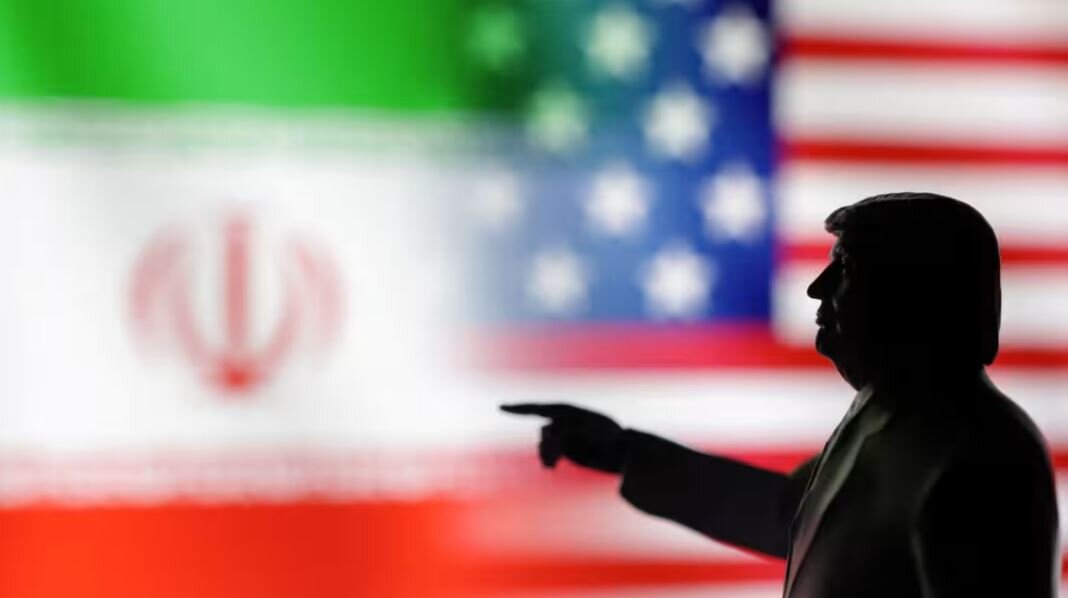Pre-mortem vs. post-mortem
How US foreign policy keeps repeating its mistakes with Iran

TEHRAN – There is a fine line between intelligence and wisdom. Smart people solve problems; wise people, however, steer clear of them. While nation-states, like the U.S., are deemed to be smart in pursuit of their interests, civilization-states, such as Iran, can better be understood as wise.
Although driven by national and security interests, Iranian diplomacy and U.S. foreign policy operate within fundamentally different paradigms—one prioritizing endurance and strategic patience, the other pursuing interventionism and problem-solving at any cost, mostly borne by others! The result of this obsessive problem-solving has been a history of misconceptions, unilateral decisions, and diplomatic miscalculations that too often culminate in post-mortem regret rather than pre-mortem foresight. If the United States seeks true engagement with Iran, it must first recognize the limitations of its habitual approach and, for once, avoid imposing unilaterally, be it sanctions or solutions!
The prevalent mode of action in U.S. foreign policy is something like: identifying a perceived crisis, formulating an interventionist solution, and executing it under the assumption of rapid-fire problem-solving. The history of the last two decades teaches us that this approach has repeatedly failed, often contributing to exacerbating the original crisis rather than resolving it.
More than two decades of war and occupation in Afghanistan and Iraq proved the limits of U.S. military and diplomatic power. Have they learnt from the past? Hardly! The West Asia region is far worse off now than it was before the U.S. invasion. The same vein of thought is still vibrant and pulsating within certain foreign policy circles in the West; the dogmatic obstinacy that prefers wiping the problems off rather than finding a solution.
In contrast, Iran has mastered diplomatic endurance, relying on historical wisdom rather than knee-jerk reactions. Its strategy in navigating hostile policies—be it sanctions, military threats, or covert operations—demonstrates a deep understanding of long-term survival. While the U.S. seeks rapid resolutions, Iran plays the long game, absorbing pressures, recalibrating responses, and waiting for the right moment to act in pursuit of its legitimate interests.
Iran-U.S. diplomacy is not merely a transactional affair as Trump sees it; it is an ideological clash between interventionist problem-solving and long-term avoidance-endurance strategy. If the nuclear issue is merely an agenda item for the U.S. administration, it represents a civilizational matter from the Iranian perspective, an inalienable right.
From an Iranian perspective, a deal is only meaningful if it ensures strategic security, not merely as a temporary measure to alleviate Western concerns. When the U.S. illegally withdrew from the Joint Comprehensive Plan of Action (JCPOA) in 2018, it did so under the illusion that maximum economic pressure would make Iran buckle under the pressure. Iran has endured too much to waver at the sight of a stick, and witnessed too much to be naïve facing a carrot.
From the Iranian standpoint, there is no nuclear crisis to begin with! It is a manufactured one! Serving only to securitize Iran into isolation. The only problem that needs to be addressed is the U.S. unilateral and illegal sanctions. If Washington continues to perceive Iranian engagement as a problem to be solved rather than a dialogue to be sustained, it risks repeating past failures. Before indulging in profligate, fiery speech and dragging their country into another quagmire, U.S. policymakers must think twice, acknowledging the reality that their post-mortem regrets will outweigh any perceived diplomatic gains.
Strategic wisdom dictates that before starting a course of action, a state must first assess its likely outcomes and unintended repercussions. The U.S., for all its intelligence and diplomatic prowess, is riddled with blind spots and runs the full gamut of foreign policy blunders. It has repeatedly failed to embrace this pre-mortem approach –afflicted by action bias, choosing instead to intervene first and rationalize later.
Iran presents Washington with an opportunity: a chance to abandon the cycle of intervention and hyper-unilateralism. If the U.S. were to see things through an Iranian perspective, it might recognize that diplomacy is not about rapid fixes but incremental, long-term stability.
For U.S. foreign policy to truly evolve, it must step away from the reflexive need to impose solutions and instead embrace the wisdom of avoidance and endurance. Iran’s diplomatic resilience is not a weakness—it is a survival mechanism forged over millennia. If Washington can heed this lesson, take a pre-mortem stock of its strategies, and engage with patience rather than haste, it might finally break the pattern of post-mortem regret that has long defined its foreign policy miscalculations.
Leave a Comment